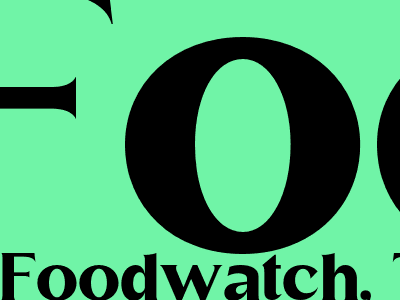
Foodwatch slams 'deceptive' tuna labeling in Europe
Consumer group finds high levels of mercury in tested samples
Berlin-based consumer group Foodwatch has accused European tuna companies of "deceptive" labeling practices after finding high levels of mercury in tested samples.
The group tested 20 canned tuna products from major European brands and found that 14 of them contained mercury levels that exceeded the European Union's safety limits.
Foodwatch said the findings were "shocking" and called on the European Commission to take action to protect consumers.
Unclear labeling
In addition to the high levels of mercury, Foodwatch also found that many of the tuna products were mislabeled.
For example, some products labeled as "dolphin-safe" were found to contain dolphin DNA.
Foodwatch said the unclear labeling made it difficult for consumers to make informed choices about the tuna they were eating.
Health risks
Mercury is a toxic metal that can damage the nervous system, kidneys, and lungs.
Exposure to high levels of mercury can cause a range of health problems, including developmental disorders, learning disabilities, and reproductive problems.
Pregnant women and children are particularly vulnerable to the effects of mercury.
Call for action
Foodwatch is calling on the European Commission to take action to protect consumers from the risks of mercury exposure.
The group wants the Commission to:
- Set stricter limits on mercury levels in tuna products
- Require tuna companies to provide clear and accurate labeling
- Increase surveillance of tuna products to ensure compliance with safety standards
Foodwatch said that the European Commission must act now to protect consumers from the risks of mercury exposure.
The group said that the current situation is "unacceptable" and that consumers have a right to know what they are eating.